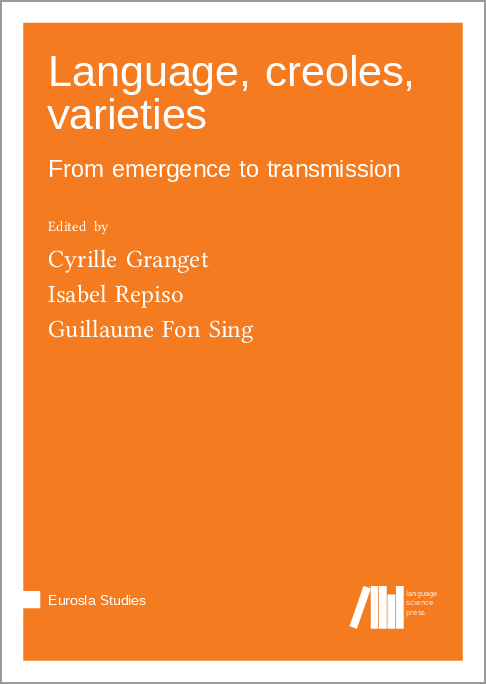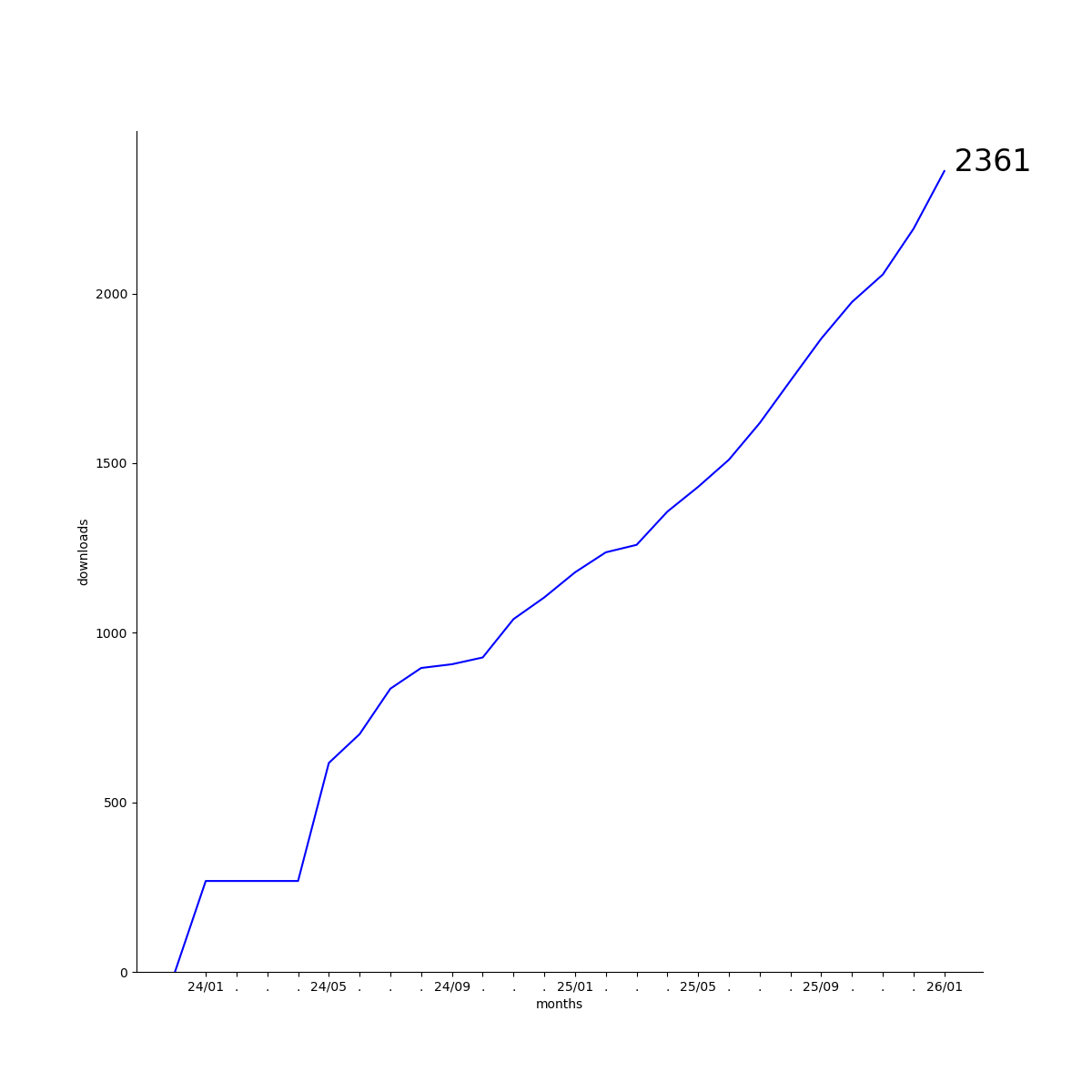We log anonymous usage statistics. Please read the privacy information for details.
Language, creoles, varieties: From emergence to transmission
Synopsis
This book offers a selection of papers dealing with second language acquisition, foreign language teaching and creole linguistics inspired by the scientific legacy of Mauritian-born scholar Georges Daniel Véronique (Port-Louis, 1948). An important part of the book is devoted to the description of learner varieties with a focus on sociolinguistic factors, such as the learner situation – from asylum seekers to Erasmus students –, the degree of familiarity with the target language – having or not previous knowledge about a genetically related language –, the degree of literacy, and the type of instruction. Linguistic complexity, case marking, the use of self-positioning pronouns, verbal morphology and aspectual values are among the linguistic phenomena analyzed by the authors having contributed to this part of the volume. Another part of this volume deals with language didactics and addresses the questions of whether manipulating specific constructions from a usage-based perspective and a focus-on-form approach do indeed aid beginner learners to acquire complex forms in L2 German and nominal forms in L2 Polish, respectively. It also explores how some educational policies in Sweden have affected both the offer of French as a Foreign Language and its demand by students. The contributions to creole studies present diachronic analyses targeting the /z/ plural marking in Réunion creole, Fa d’Ambô and spoken French, and a set of NPs found in two speeches pronounced in 1835 on the island of Agaléga by a coconut oil producer whose features are similar to Mauritian creole. Linguistic, social and historical factors are at the center of these contributions.
Chapters
-
Introduction
-
Les allocutions en créole d’Auguste Le Duc, Galéga en 1835
-
Back to the Basic VarietyDoes it emerge only with specific learner profiles, environments and languages?
-
Self-positioning in a host communityLongitudinal insights from study abroad and migrant students
-
Le passé, le présent et l’avenir du FLE en SuèdeUn bilan entre politiques linguistiques éducatives et attitudes des élèves
-
Appropriate complexity
-
Linéarisation des énoncés en allemand langue débutéeEnseignement et développement dans une approche constructionniste
-
Développement du passé composé/imparfait et variation des tâches chez quelques enfants bilingues français-suédois
-
Effet de la focalisation sur la forme enseignée dans l’acquisition de la morphologie nominale flexionnelle et implications didactiques
-
Transfer (or lack thereof) and the accusative case in L2 Polish
-
Another story of ZPlural marking in spoken French, Fa d’Ambô and Réunion Creole




